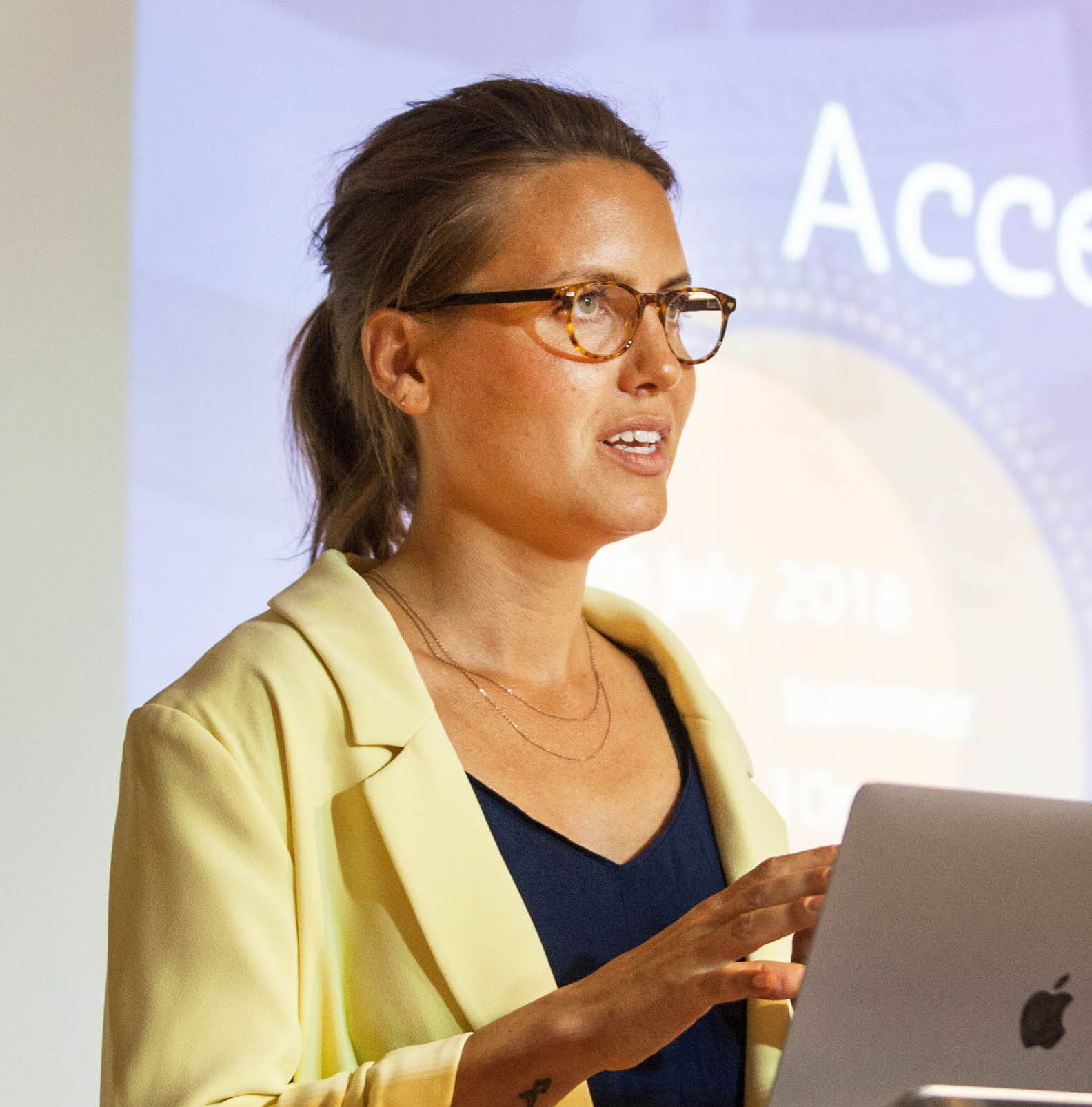Is Spotify’s Acquisition of Gimlet (the ‘HBO for audio’) the Beginning of the Audio Influencer Boom?

Following six days of speculation, Spotify announced yesterday that it is acquiring Gimlet Media (comprising Gimlet – the production house, and Anchor – the production, distribution and monetisation software tool), for an undisclosed sum. The figure has been reported as in the region of $200 million.
This is the first time Spotify has bought a company that makes and sells content. It is a new chapter for podcasts and a recognition of their value to sponsors, platforms and creators alike.
Spotify and podcasts: by the numbers
Spotify indicated in its F1 filing for its DPO last year that it envisaged talk-based audio content playing a growing role in its revenue mix going forward. Podcasts offer Spotify two crucial assets in its revenue mix.
Firstly, unlike recorded music, podcasts are not bound by the same complex web of licensing deals – mostly held in place by the three major global record companies. Pay outs to license holders are Spotify’s largest operating cost. Any attempt by Spotify to buy a record label (and own the means of production) would likely cause a retaliatory move from the dominant labels in a price hike or a withdrawal of content, which it cannot afford (though neither, arguably, could the record labels afford to withdraw their content from Spotify). The spread of actions Spotify can take in this space is severely limited as a result (even if announcing that it would be licensing artists directly had a positive impact on its share price).
Featured Report
Ad responsiveness in the era of content saturation
The digital entertainment space is more saturated than ever, with content spread and duplicated across dozens of platforms, from social to streaming. Advertising and marketing teams face incredible competition...
Find out more…Secondly, podcasts are often inclusive of sponsor messages within the content itself (unlike audio programmatic ads that are served in between streaming songs) – meaning that podcasts with advertising messages reach audiences on Spotify behind its paywall. Now that Spotify will own the rights to some of the most popular original podcast content (by Gimlet), not only would it not have to pay license fees, it could additionally monetise those creative assets with sponsorship. Moreover, with growing recognition of the paywall problem, brands are going to be paying an inflated price for ad inventory that reaches subscribers – given how little time this valuable audience segment now spends with brand messaging.
Podcast sponsorship is the new Instagram influencer marketing
Podcast audiences are comparable to audiences of influencers on Instagram for three reasons. Firstly, audiences seek out and curate the podcast content they consume, akin to the way that audiences on Instagram browse and curate their feed from sources they feel to be of most value. Secondly, podcast audiences are highly engaged with the content – comparable to the way that authentic influence functions as a result of engagement on Instagram. Finally, podcast audiences, like many Instagram influencer audiences, are niche (“specialist”). Though these audiences may be smaller in terms of reach (13% of consumers listen to podcasts at least once per month whereas 30% of consumers use Instagram weekly, MIDiA Research Q4 Consumer Survey), the potential for them to be similar in terms of interests makes them exceptional targets for appropriate brand partners.
All Spotify and smaller podcast creators need to do now is further demonstrate the value of podcast audiences to brands. Specifically, they need to illustrate that though comparably ‘niche’, engagement and propensity to purchase amongst these audiences is higher: 26% of podcast listeners spend over $10 per month on games compared with 14% of Instsagram WAUs; and 22% of podcast listeners spend over $10 per month on buying music compared with 12% of Instagram WAUs. Furthermore, it might be that podcasts with smart and creative sponsor messages may offer categories that have not performed as well on Instagram an opportunity to flourish.
As the podcast community at large begins to step up its insights and reporting for brands, Spotify will not only be a key player in developing analytics capabilities (enhanced by the purchase of Anchor as part of the Gimlet Media deal) but also one of the main beneficiaires. Series one of Gimlet’s Serial podcast made a reported $500k following 19 million downloads. Certain Instagram influencers with over one million followers can make as much as $100k for just one post. It won’t be long before the new podcast metrics coming into play elevate podcast sponsorship deals to comparable amounts.

The discussion around this post has not yet got started, be the first to add an opinion.